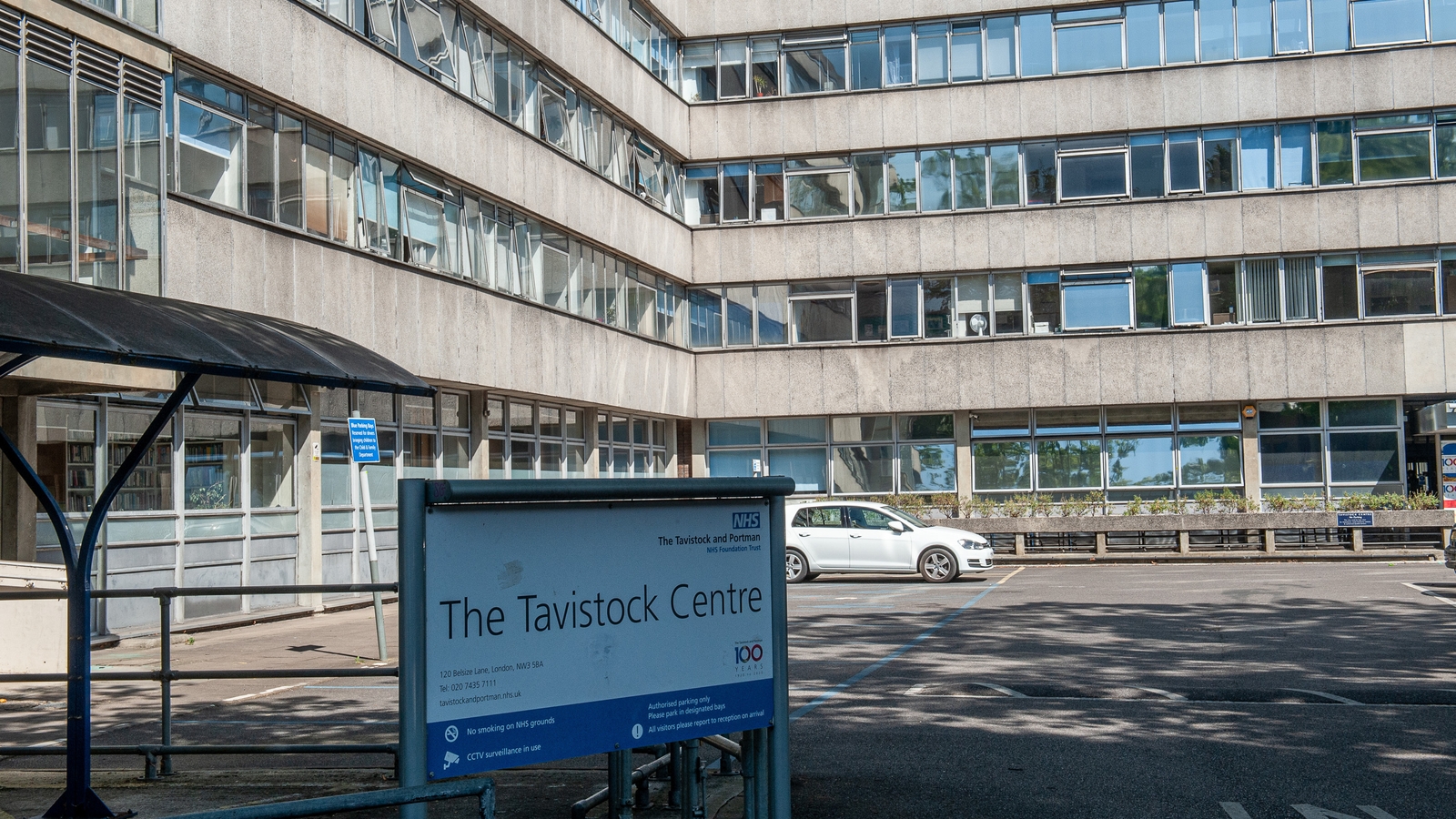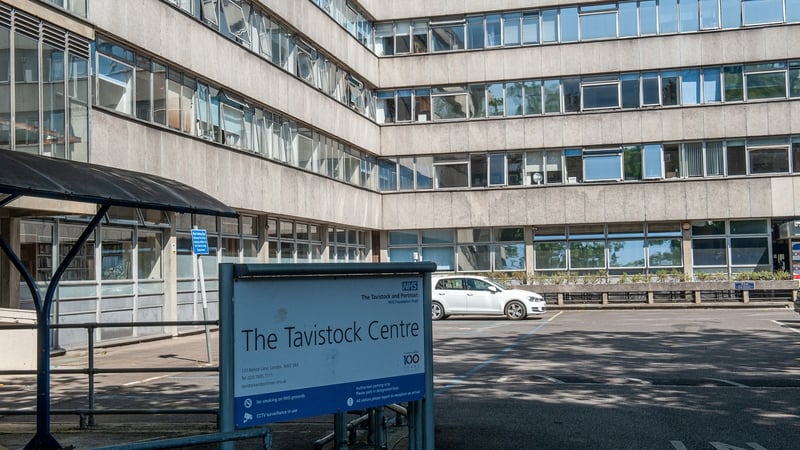NHS to no longer prescribe puberty blockers to children


NHS England has said that children will no longer be prescribed puberty blockers at gender identity clinics.
The UK government said it welcomed the “landmark decision”, adding it would help ensure care is based on evidence and is in the “best interests of the child”.
Puberty blockers, which pause the physical changes of puberty such as breast development or facial hair, will now only be available to children as part of clinical research trials.
It follows a public consultation on the issue and an interim policy, and comes after NHS England commissioned an independent review in 2020 of gender identity services for children under 18.
That review, led by Dr Hilary Cass, followed a sharp rise in referrals to the Gender Identity Development Service (Gids) run by the Tavistock and Portman NHS Foundation Trust, which is closing at the end of March.
In 2021/22, there were over 5,000 referrals to Gids, compared to just under 250 a decade earlier.
The clinic has come under repeated scrutiny.
In February 2022, Dr Cass published an interim report saying there was a need to move away from one unit and recommended the creation of regional services to better support youngsters.
She also pointed to a lack of long-term evidence and data collection on what happens to children and young people who are prescribed medication.
She added that Gids had not collected routine and consistent data “which means it is not possible to accurately track the outcomes and pathways that children and young people take through the service.”
Following the Tavistock’s closure, two new NHS services will now open in early April, situated in London’s Great Ormond Street Hospital and Alder Hey Children’s Hospital in Liverpool.
The NHS has said children attending these clinics will be supported by clinical experts in neurodiversity, paediatrics and mental health, “resulting in a holistic approach to care”.
The consultation on the future of services received more than 4,000 responses, including around a quarter from members of the public, 22% from patients, 21% from parents, 10% from trans adults and 5% from clinicians.
Around 250 patients are expected to be transferred to the new clinics from Gids when they open.
Some 5,000 more children and young people are currently on the waiting list for referral into the new clinics.
Fewer than 100 young people are currently on puberty blockers.
They will be able to continue their treatment and are being seen by specialist endocrine services at Leeds and University College London Hospital.
It is understood NHS England hopes to have a study into the use of puberty blockers in place by December 2024, with eligibility criteria yet to be decided.





